Focus interview: deepening institutional reform
Cctv news(Focus Interview): Recently, the Central Committee of the Communist Party of China and the State Council issued the Plan for the Reform of Party and State Institutions. The 20th National Congress of the Communist Party of China has made important arrangements for deepening institutional reform, which is of great and far-reaching significance for building a socialist modern country in an all-round way and promoting the great rejuvenation of the Chinese nation in an all-round way. Deepening the reform of party and state institutions aims to build a functional system of party and state institutions with complete systems, scientific norms and efficient operation, so that the establishment and functional allocation of party and state institutions can better meet the new requirements put forward by the new era and new journey, which fully demonstrates the strong will of the CPC Central Committee with the Supreme Leader as the core to unswervingly deepen reforms in an all-round way and promote the modernization of the national governance system and governance capacity.
Since the 18th National Congress of the Communist Party of China, the CPC Central Committee with the Supreme Leader as the core has taken deepening the reform of the party and state institutions as an important task to promote the modernization of the national governance system and governance capacity. Facing the new tasks put forward by the new era and new journey, the establishment and function allocation of the party and state institutions need to continue to deepen the reform on the basis of consolidating the achievements of the reform of the party and state institutions, and adjust and improve the institutional mechanisms and institutional responsibilities.
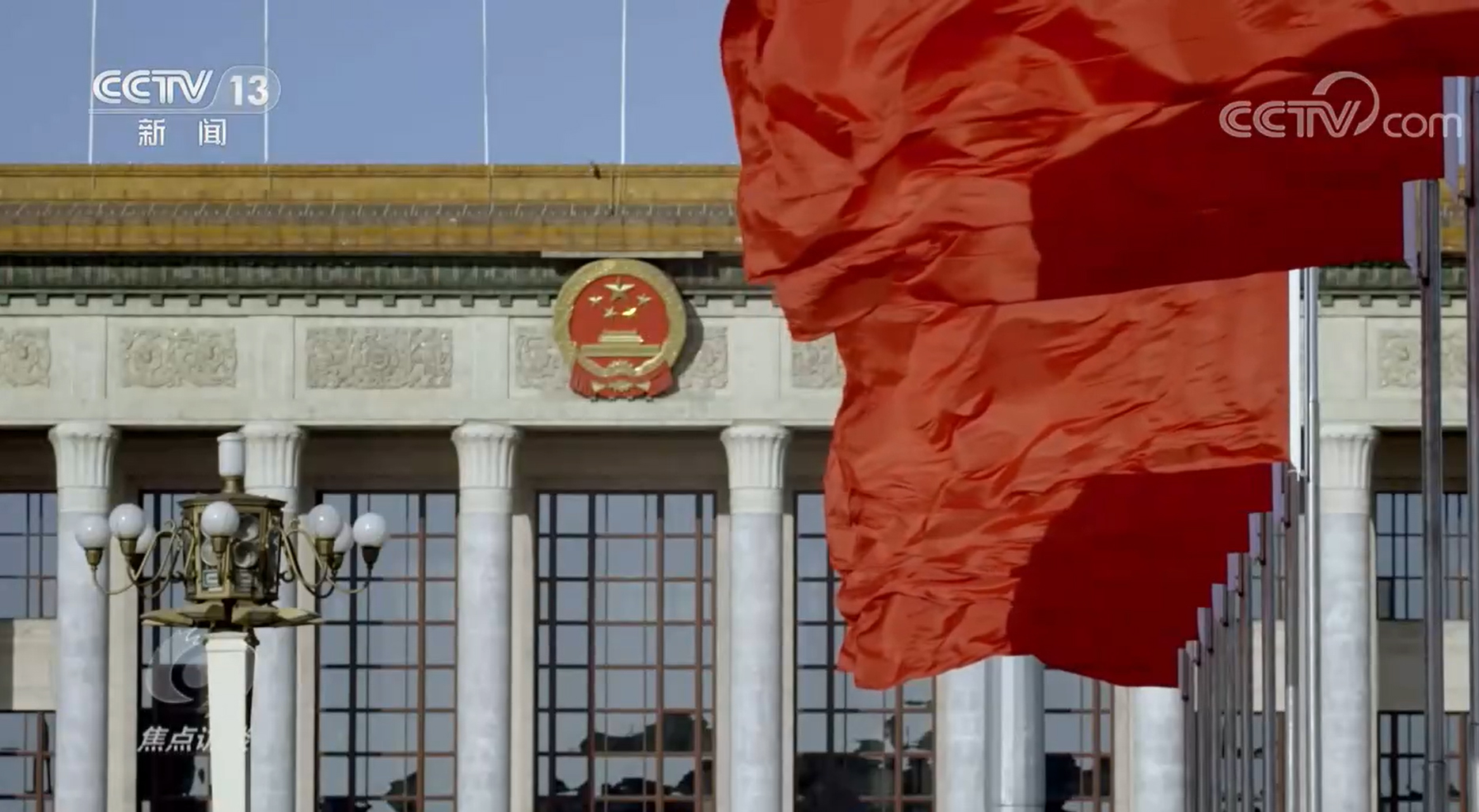
Wang Manchuan, director of the Public Administration Teaching and Research Department of the Central Party School (National School of Administration), said: "The 20th National Congress of the Communist Party of China has made a series of strategic arrangements for the new era and new journey, building a socialist modern country in an all-round way and comprehensively promoting the great rejuvenation of the Chinese nation. Many reform measures in this reform plan are closely focused on how to implement these strategic arrangements."
The goal of deepening the reform of the Party and state institutions is to build a complete, scientific and standardized functional system of the Party and state institutions. We must take the Supreme Leader’s Socialism with Chinese characteristics Thought in the new era as the guide, strengthen the centralized and unified leadership of the CPC Central Committee as the guide, and promote the modernization of the national governance system and governance capacity as the guide, coordinate the institutions of the CPC Central Committee, the National People’s Congress, the the State Council institutions and the Chinese People’s Political Consultative Conference institutions, coordinate the central and local governments, and deepen the institutional reform in key areas.

Xue Lan, Director of Academic Committee of School of Public Administration of Tsinghua University and Dean of Schwarzman Scholars of Tsinghua University: "This round of reform is a further deepening of that reform in 2018. The general direction is to adhere to the centralized and unified leadership of the party as a starting point; In addition, to promote the modernization of the governance capacity of the national governance system, the overall goal is to make the institutional setup more scientific, the functional allocation more optimized, the institutional mechanism more perfect and more efficient through reform. "
Finance is the core of modern economy, which is related to development and security. The reform plan of the party and state institutions clearly puts forward that the Central Financial Committee should be set up to strengthen the centralized and unified leadership of the CPC Central Committee on financial work, and the Central Financial Work Committee should be set up to lead the work of the financial system party in a unified way and co-locate with the Central Financial Committee Office. In this reform of the party and state institutions, a series of reform measures focus on financial supervision, which are interlocking and promoted as a whole.
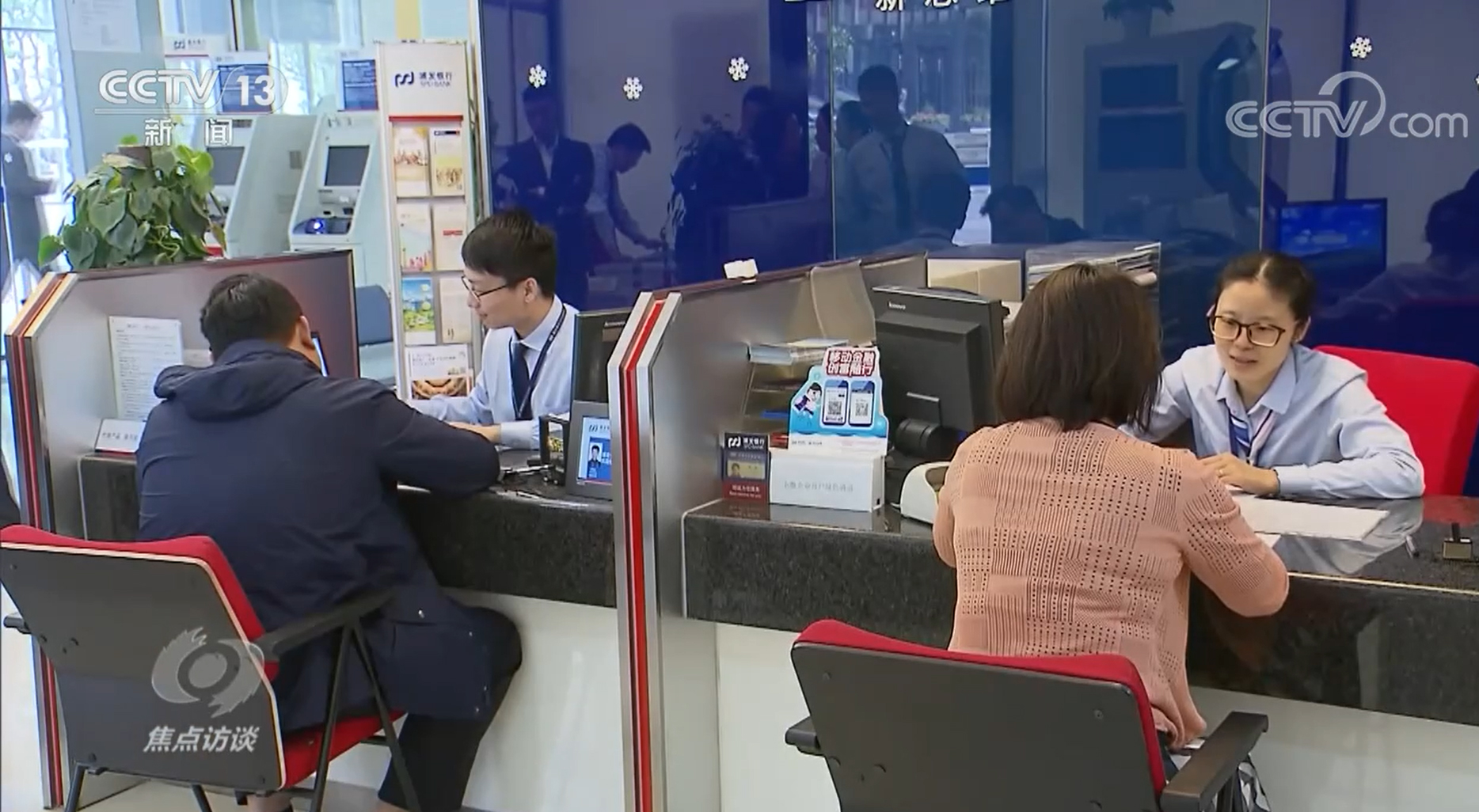
Tian Xuan, vice president of Tsinghua University Wudaokou College of Finance, said: "It shows that the Party and the state attach great importance to the high-quality development of financial markets, financial supervision and finance, and the core logic reflects the centralized and unified leadership of the CPC Central Committee over financial institutions and financial fields, and the strengthening of central supervision. Emphasis is placed on functional supervision, behavioral supervision, functional supervision, as well as institutional supervision and penetrating supervision. "
In deepening the institutional reform in the State Council, there are as many as six items directly related to financial supervision, including the establishment of the State Financial Supervision and Administration Bureau, deepening the reform of local financial supervision system, restructuring the China Securities Regulatory Commission into an institution directly under the State Council, promoting the branch reform of the People’s Bank of China as a whole, improving the state-owned financial capital management system, and strengthening the unified and standardized management of financial management department staff.
Tian Xuan, deputy dean of Tsinghua University Wudaokou Finance College: "This institutional reform in the State Council is actually a change in the national regulatory mechanism, from separate supervision to mixed supervision, so that centralized leadership and centralized supervision can be formed, and everyone has a unified scale. Preventing the existence of regulatory arbitrage, regulatory vacuum or repeated supervision and different standards is an important step in the structural reform of the supply side of the financial industry, which can better help finance to serve the real economy with high quality."

Scientific and technological innovation occupies a core position in the overall situation of China’s modernization. Facing the severe situation of international scientific and technological competition and external containment, we must further rationalize the scientific and technological leadership and management system. This reform of the party and state institutions has strengthened the centralized and unified leadership of the CPC Central Committee over scientific and technological work, and established the Central Science and Technology Commission. The responsibilities of the offices of the Central Science and Technology Commission are assumed by the reorganized Ministry of Science and Technology as a whole.
Xue Lan, Director of Academic Committee of School of Public Administration of Tsinghua University and Dean of Schwarzman Scholars of Tsinghua University: "The Party’s Report to the 20th CPC National Congress, including the 14th Five-Year Plan, has put scientific and technological innovation at the core of national development, modernization and building a new development pattern; In addition, the international situation is very complicated, and various geopolitical factors have severely suppressed China’s science and technology. Under such circumstances, how can China’s scientific and technological innovation play a better role? This reform is to further strengthen the party’s centralized and unified leadership over scientific and technological work. "
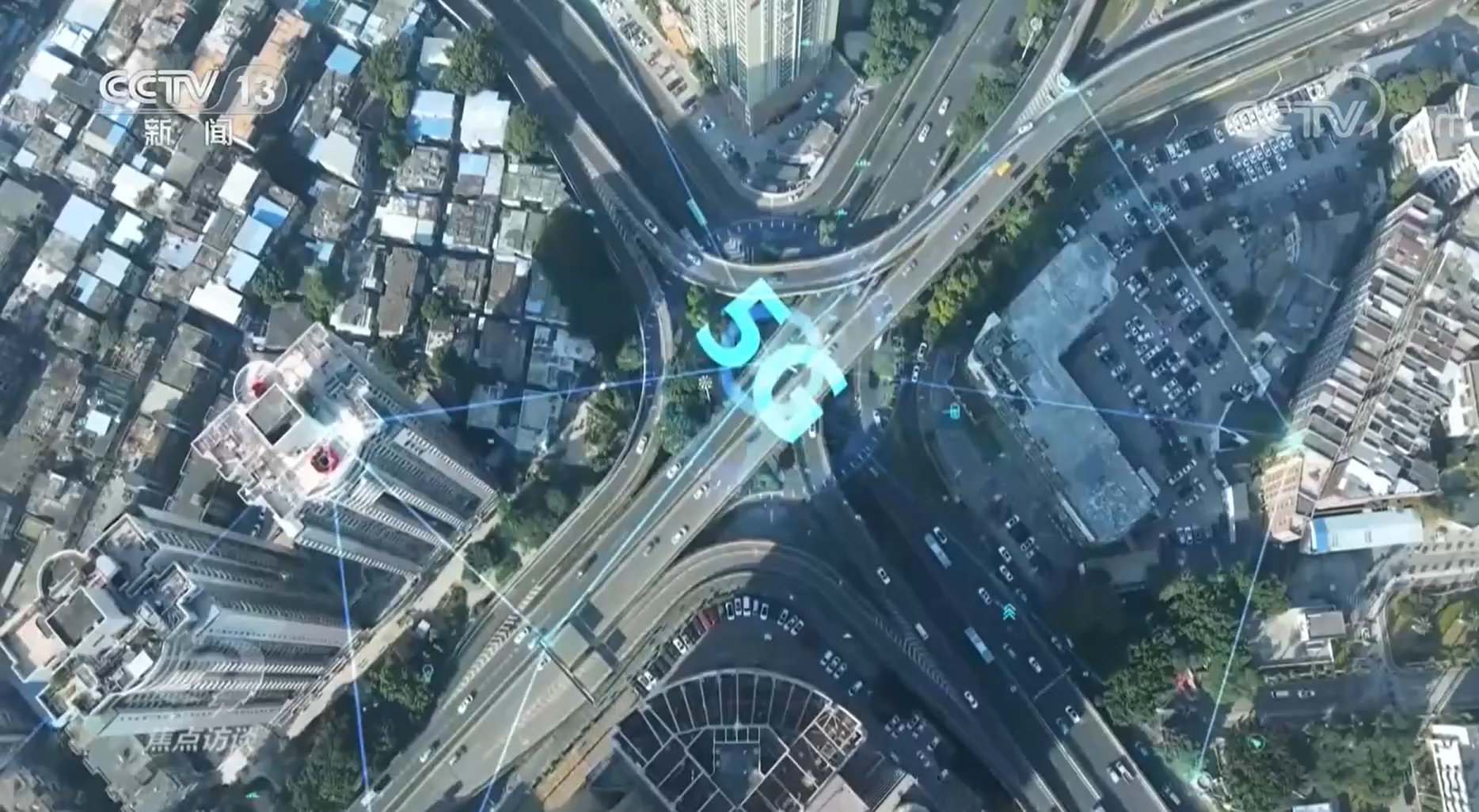
The re-establishment of the Ministry of Science and Technology, on the one hand, optimizes its functions, on the other hand, focuses on key issues, and strengthens macro-management responsibilities such as strategic planning, system reform, overall planning of resources, comprehensive coordination, policies and regulations, and supervision and inspection. Promote and improve the new national system, optimize the whole chain management of scientific and technological innovation, promote the transformation of scientific and technological achievements, and promote the combination of science and technology with economic and social development.
Qi Jie, director of the Public Management Research Center of the Institute of Political Science, China Academy of Social Sciences, said: "This round of institutional reform is a series of major measures taken to improve the leadership and management system of science and technology, which will provide us with the support of important government functional institutions in the future, and play an important role in the next step of self-reliance and self-improvement in science and technology and in optimizing our high-level scientific and technological development.
The "Party and State Institutional Reform Plan" clearly stipulates the establishment of the Central Social Work Department. As a functional department of the CPC Central Committee, it is responsible for coordinating and guiding the work of people’s letters and visits, guiding the collection of people’s suggestions, and coordinating and promoting party building to lead grassroots governance and grassroots political power construction.
Wang Manchuan, director of the Public Management Teaching and Research Department of the Central Party School (National School of Administration): "This is also to better and more timely reflect the voices of the people, respond to their demands, and protect their legitimate rights and interests."
The reform plan of the party and state institutions will further improve the management functions and efficiency of state institutions through the optimization and adjustment of institutional responsibilities in key areas, and better adapt to quality changes, efficiency changes and dynamic changes, which will drive deep-seated reforms and better promote economic and social development. In this institutional reform plan, the establishment of a national data bureau has attracted attention. In today’s society, digital resources and digital economy play a fundamental role in economic and social development, which is of great significance for building a new development pattern, building a modern economic system and building a new competitive advantage of the country.
Xue Lan, Director of Academic Committee of School of Public Administration of Tsinghua University and Dean of Schwarzman Scholars of Tsinghua University, said: "How can we better integrate these data resources and establish a basic institutional arrangement so that it can play a better role. Now it is also proposed that how to better coordinate digital China, digital economy and digital society really needs a department to better coordinate these resources on the basis of ensuring data security and ensuring original data supervision. It is indeed a very urgent need. "
After the last round of institutional reform, provincial data management institutions have been established in Guangdong, Fujian, Zhejiang, Guizhou and other places. This reform proposes to set up a national data bureau, which is responsible for coordinating and promoting the construction of data infrastructure, and promoting the planning and construction of digital China, digital economy and digital society as a whole.
Wang Manchuan, director of the Public Management Teaching and Research Department of the Central Party School (National School of Administration), said: "The National Data Bureau is managed by the National Development and Reform Commission, which is conducive to the overall strategic planning of the construction of digital China, the integration, utilization and development of data resources, and the management of data."
Reform is always on the road. Institutional reform is a process, which will not happen overnight or once and for all. It needs to be constantly adjusted and optimized according to new missions, new strategic arrangements and new work needs.
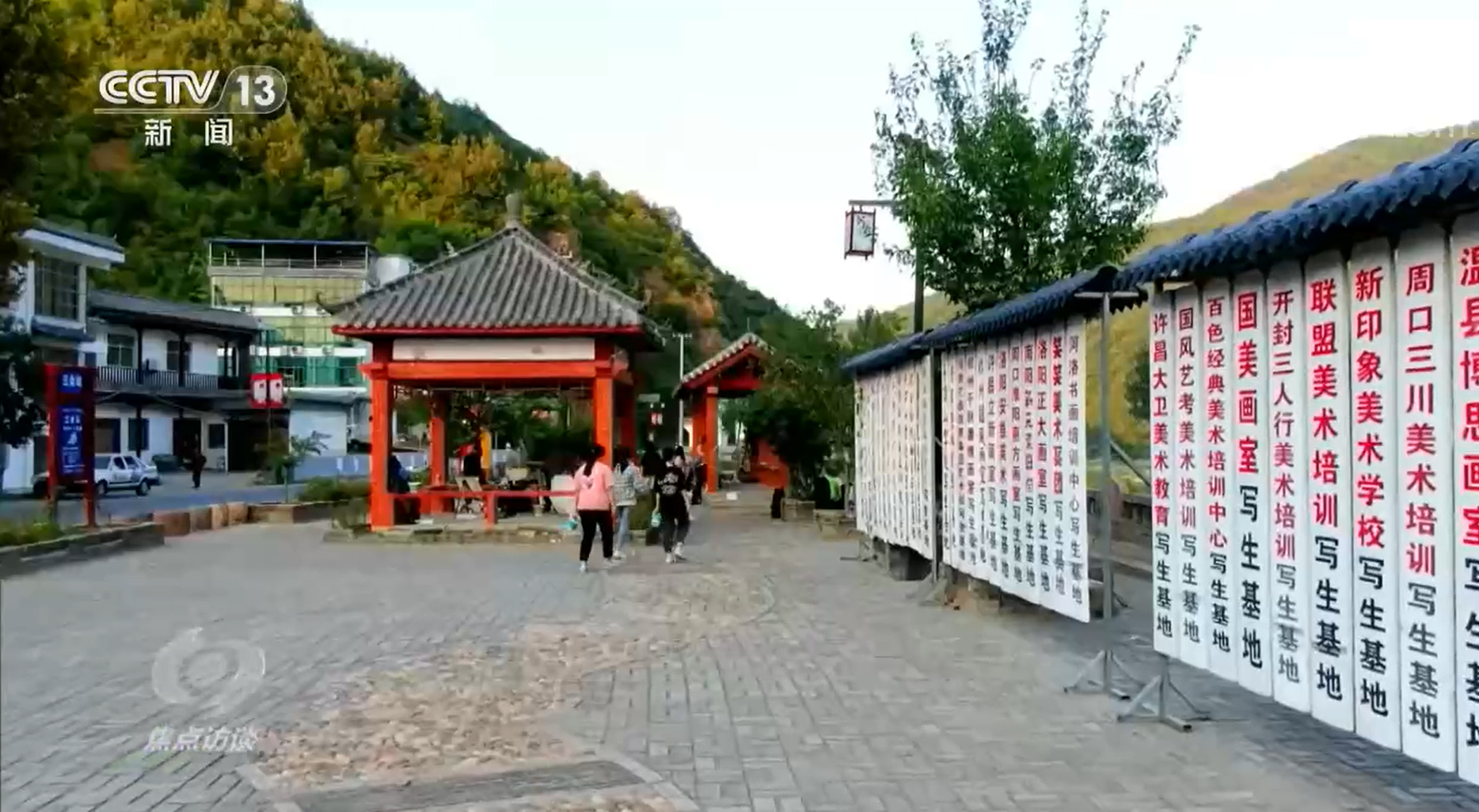
In February 2021, the National Rural Revitalization Bureau was established. Two years later, in order to coordinate the work concerning agriculture, rural areas and farmers with rural revitalization as the focus, this round of institutional reform in the State Council proposed to optimize the responsibilities of the Ministry of Agriculture and Rural Affairs, transfer the responsibilities of the National Rural Revitalization Bureau to the Ministry of Agriculture and Rural Affairs, such as monitoring and helping to prevent poverty, and promoting the development of rural social undertakings and public services, and no longer retain the separate National Rural Revitalization Bureau.
Wang Manchuan, director of the Public Management Teaching and Research Department of the Central Party School (National School of Administration), said: "Why is it put into the Ministry of Agriculture and Rural Affairs as a whole this time, and then a brand is put up? This is of great significance. Because in recent years, the central government has put forward the strategy of rural revitalization, which covers a wide range, such as industrial revitalization, cultural revitalization, scientific and technological revitalization, talent revitalization and tourism revitalization. It can be said that most of the work is overlapping with the work of the Ministry of Agriculture and Rural Affairs, and it is definitely more powerful to do it by one Ministry than to set up a rural revitalization bureau alone. In fact, it is to put the work of rural revitalization in a more important position, which is more conducive to the advancement of this work and the implementation of the rural revitalization strategy. "
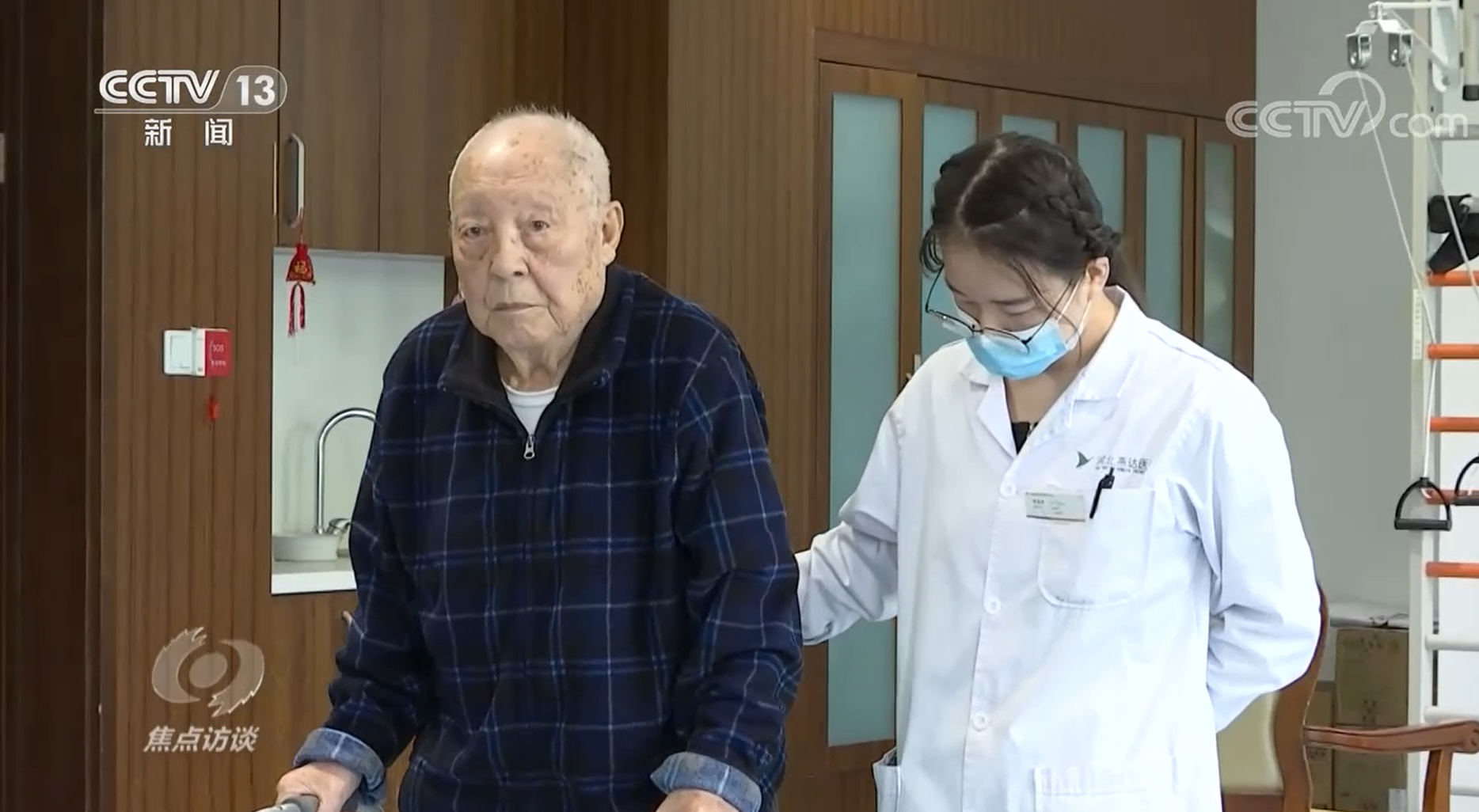
In the reform plan, it is clear that the responsibilities of the National Rural Revitalization Bureau are assigned to the Ministry of Agriculture and Rural Affairs, and it is necessary to continue to increase assistance to poverty-stricken areas and people.
The reform also pays attention to the problem of population aging faced by China. For a long time, the management of China’s old-age care involves civil affairs, health care, medical insurance and other departments. This institutional reform has assigned the responsibilities of organizing the National Health and Wellness Committee to formulate and coordinate the implementation of policies and measures to deal with population aging and undertake the specific work of the National Working Committee on Ageing to the Ministry of Civil Affairs.
Qi Jie, director of the Public Management Research Center of the Institute of Political Science of China Academy of Social Sciences, said: "The adjustment and optimization of institutional functions at this stage is a positive preparation for effectively coping with the deepening of population aging in the future. From the perspective of overall coordination and long-term development in the future, centralization and unification to the civil administration system is more conducive to coping with aging in the future. "
This reform has always adhered to the problem orientation, focused on key points and difficulties, and reflected the needs of development and the aspirations of the people. In this reform plan of the party and state institutions, more reform measures have made breakthroughs. On the basis of the Hong Kong and Macao Affairs Office of the State Council, the Central Hong Kong and Macao Work Office will be established as the office of the CPC Central Committee; We will deepen the institutional reform of the National People’s Congress and set up a working committee for the National People’s Congress Standing Committee (NPCSC) deputies. Improve the intellectual property management system, and adjust the National Bureau of China National Intellectual Property Administration, which is managed by the State Administration of Market Supervision, to an institution directly under the State Council. Deepen the institutional reform in Chinese People’s Political Consultative Conference and optimize the sector setting in Chinese People’s Political Consultative Conference. Streamline the staffing of central and state organs. The staffing of all departments of the central and state organs will be reduced by 5%, and the recovered staffing will be mainly used to strengthen key areas and important work.
Xue Lan, director of the Academic Committee of School of Public Administration of Tsinghua University and dean of Schwarzman Scholars of Tsinghua University, said: "Special emphasis is placed on the modernization of the national governance system and governance capacity. In all aspects of modernization, the modernization of governance system and governance capacity is the foundation. If we can continue to reform and deepen, it will multiply the modernization of other aspects, including economy, society and culture."
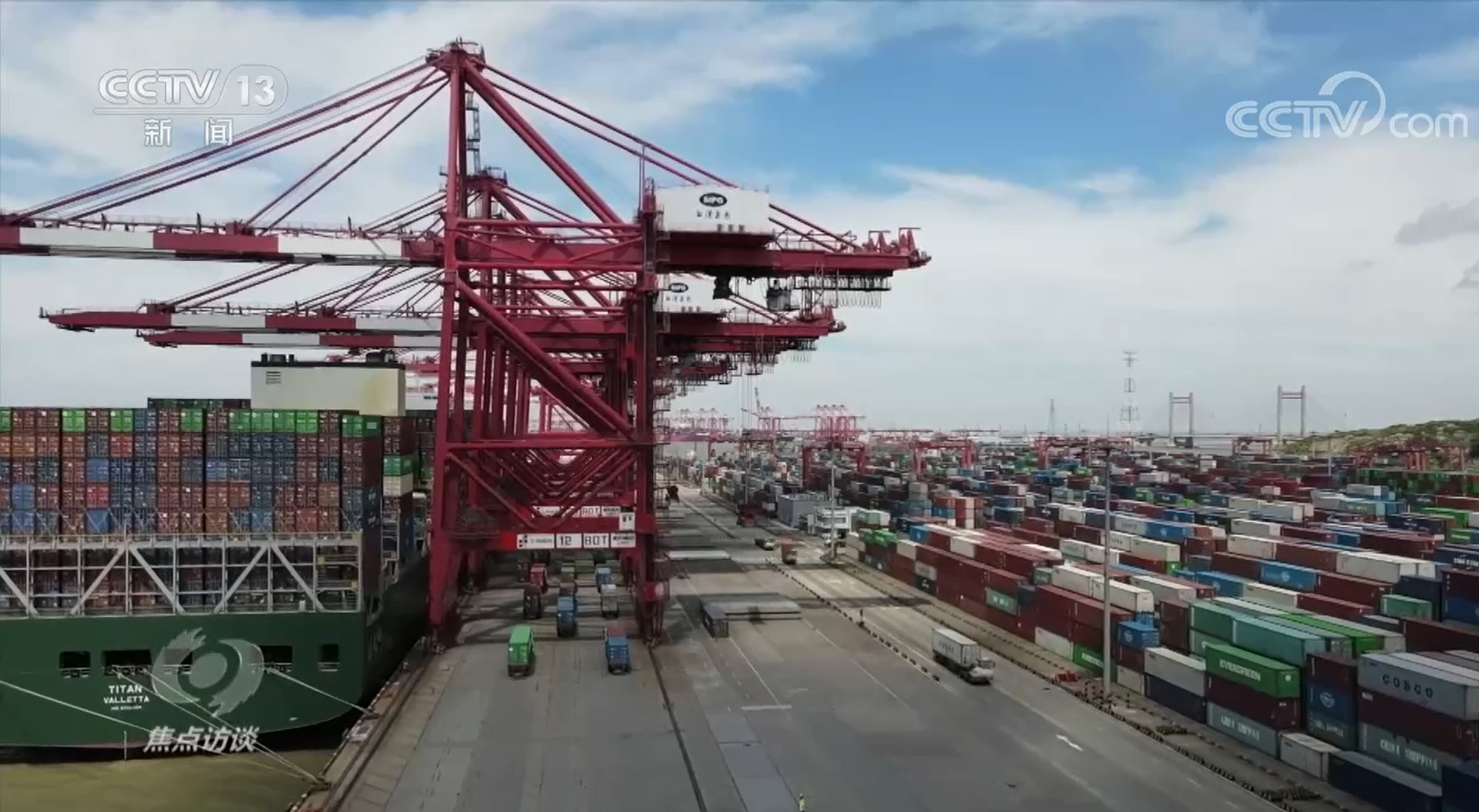
The functional system of the Party and state institutions is an important part of the Socialism with Chinese characteristics system and an important guarantee for the Party to govern the country. Deepening the reform of the party and state institutions is a self-revolution. One point for deployment and nine points for implementation. The key to the implementation of reform lies in people. People’s hearts are stable, reforms are progressing, people’s hearts are smooth, and reforms are successful. In the face of complex reform tasks, from the adoption of the plan to the real implementation, we must take greater courage and more pragmatic measures, break down deep-seated institutional and institutional obstacles, implement the task of institutional reform, better transform China’s institutional advantages into the effectiveness of national governance, and provide a strong guarantee for promoting Chinese modernization.